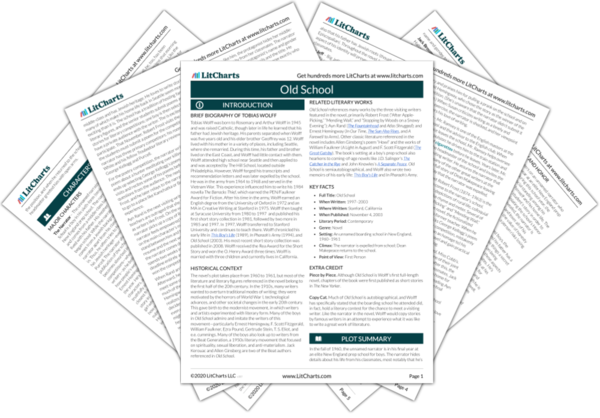The narrator returns to school a few days before the term starts. He wants to work on his story for
Ayn Rand before classes start up again, but he doesn’t do any writing. Instead, he takes long walks, smokes, eats with the jocks, and reads
The Fountainhead again. He wants to be as arrogant as Roark is. He thinks that if he isn’t like Roark, he is doomed to be a nobody. When classes start he hasn’t begun his story, but the longer he goes without writing, the more convinced he is of his superiority. He falls behind in his assignments and gets demerits for missing chapel.
